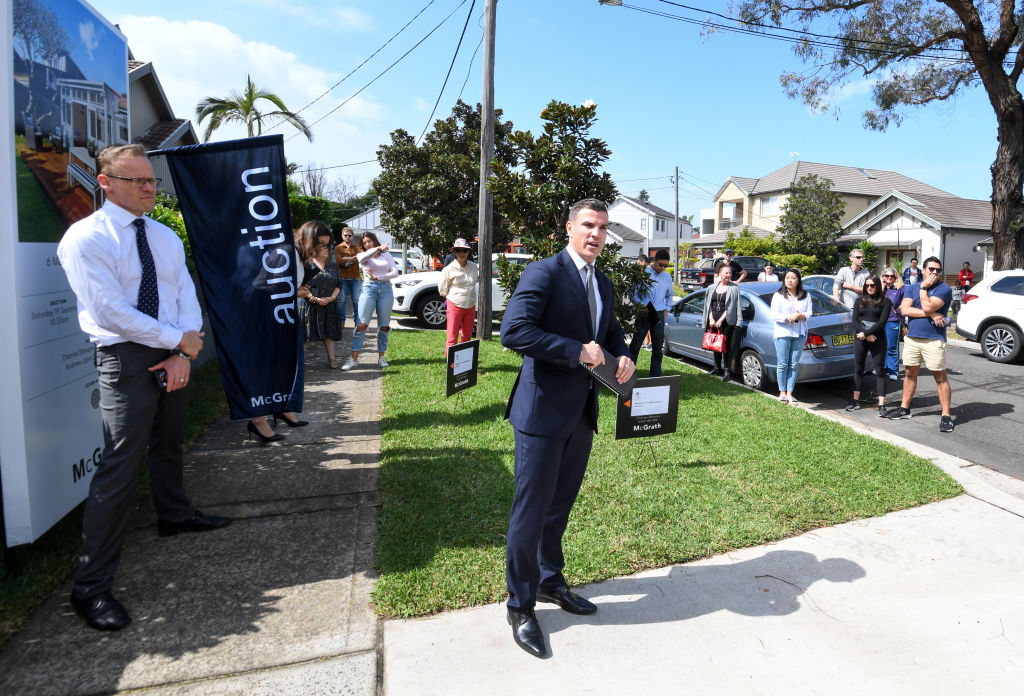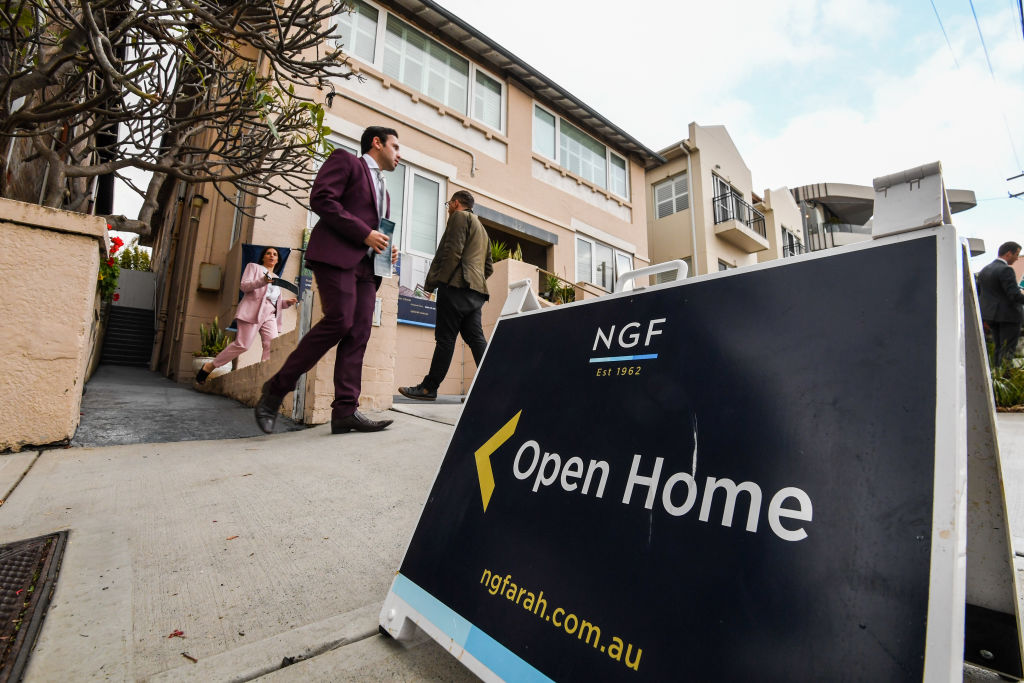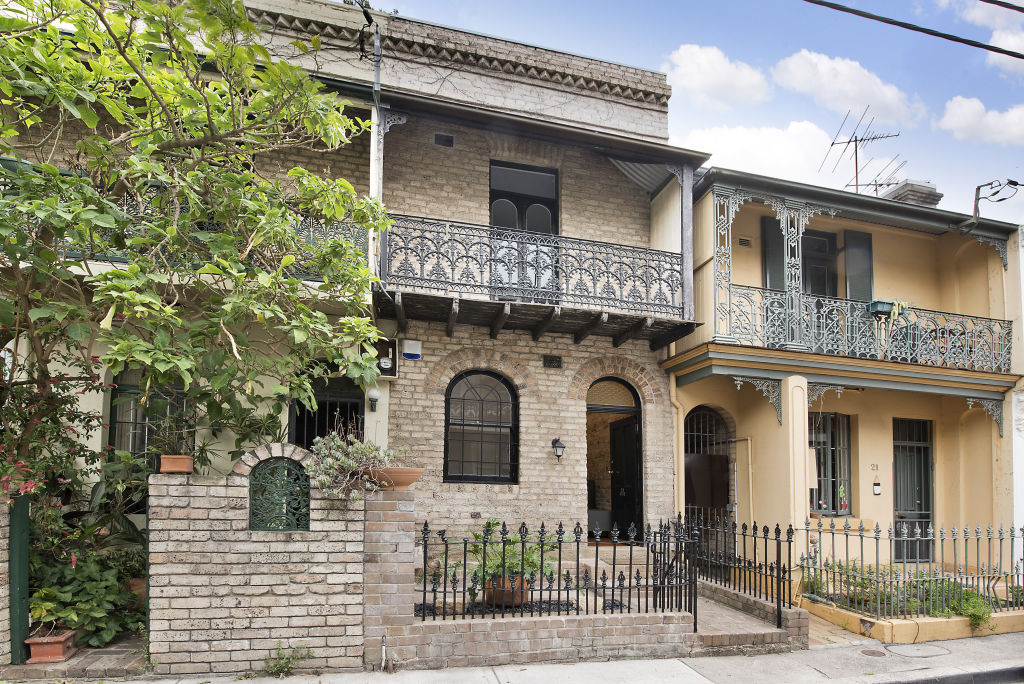Current Location: Local Lifes Local News NSW budget: government announces plans to phase out stamp duty
The state government’s plans to phase out stamp duty would save house hunters tens of thousands of dollars in upfront costs and boost market activity, but experts warn it could also put upward pressure on property prices.
Buyers in NSW could be given the option to opt out of stamp duty and instead choose a smaller annual property tax, it was unveiled in the budget on Tuesday, with the government announcing it would begin a public consultation process on property tax reform.
“This proposed model would give buyers a choice to axe stamp duty at the point of purchase and choose an annual property charge instead,” NSW Treasurer Dominic Perrottet said in his budget speech.
“There would be no impact unless you are purchasing a property and you make the choice to change. For everyone else, everything stays the same.”
The reform, which could be set in motion in the second half of 2021, could inject as much as $11 billion into the state’s economy over four years and generate 75,000 new jobs.
The proposed model includes a property tax rate that would be lower for owner-occupiers, with higher rates for investors and commercial properties.
The property tax would be a fixed amount plus a rate applied to the unimproved land value of an individual property. Under the change, once a property is subject to the tax, subsequent owners must also pay, the Sydney Morning Herald reports.
The reform would also replace the current stamp duty concessions for first-home buyers — eligible on properties worth up to $800,000 — with a grant of up to $25,000.
NSW Treasury says stamp duty adds $34,000 to the upfront cost of buying the average home in NSW. It now takes an average of two-and-a-half years to save a stamp duty payment compared to one year in 1990.

AMP Capital chief economist Shane Oliver said stamp duty had long influenced people’s decisions to buy and sell and kept them living in unsuitable homes for longer.
“It can be very inequitable and makes it harder for younger people to get into the market and harder for older people to get out of the market or get into a smaller property,” Dr Oliver said.
The cost of stamp duty on a median-priced Sydney home
| MEDIAN PRICE | STAMP DUTY | |
| Houses | $1,154,406 | $48,497 |
| Units | $732,423 | $28,294 |
“A land tax levied annually would be a far more efficient and less distortionary way to tax property and potentially remove that hurdle.”
Dr Oliver said it would also create a more stable revenue base, leaving the state coffers less exposed to boom and bust cycles of the property market.
He noted the announcement could lead to a short-term pull back in property sales, as buyers delayed purchasing to avoid paying stamp duty next year.
But ultimately, once in place, the changes would boost market activity and could bring forward some sales.
In theory, the change should not put upward pressure on prices, Dr Oliver said, with buyers likely to pay a similar amount in tax whether it was paid upfront or annually. However, a reduction in upfront costs could prompt some to spend more on their purchase price, ultimately driving up values.

Domain senior research analyst Nicola Powell agreed the changes, once introduced, would bring forward forward property sales and potentially put upward pressure on prices.
“We may see an immediate uplift in activity, which could push prices higher in the short-term as buyers compete. Buyers choosing not to pay stamp duty upfront will have more to spend, which could also elevate prices,” she said.
“However, given it’s a long term approach without an expiry date, we’re unlikely to see a sharp increase in prices, as buyers aren’t rushing to meet a deadline,” she added.
Until then though, she expects some owner occupiers to delay buying and selling until the reforms are introduced.
Dr Powell added the proposed reform appeared to be a fairer approach than the phase-out underway in the ACT, where residents have no choice but to pay rising land taxes each year as stamp duty is wound back, with some who paid full stamp duty also faced with rising rates.

Giving buyers the choice of stamp duty or land tax was the path of least resistance, said Brendan Coates, of independent think tank the Grattan Institute. Those who expected to own a property for a shorter period such as investors, would likely opt to pay land tax, while those who hope to stay long term would stick with stamp duty.
Mr Coates suspected higher value properties would be excluded from the transition at first, with the government flagging it would initially set eligibility price thresholds – but ensure more than 80 per cent of residential properties could opt-in from day one.
Such price thresholds would shed more light on the impact the reforms would have on the budget in the short to medium term, he added.
While the reform would likely boost demand when first introduced, affordability should improve over the long term as buyers — particularly those ready to downsize —moved to more suitable housing stock, freeing up more family homes.
Real Estate Institute of NSW chief executive Tim McKibbin said stamp duty reform had been long overdue because it distorted market activity and discouraged people from moving.
“When tax becomes a consideration of a transaction and not a consequence, it’s a very bad tax,” he said.
However, he felt a land tax still placed a “disproportionate amount of the state’s tax burden” on the property industry and property consumers, which should be more equitably spread across all industries.
Mr McKibbin said the state government had collected nearly $1.9 billion in stamp duty revenue in the three months to September 30, which is $235 million more than for the same period last year.
Copied from Domain





‘Stop complaining’: millionaire property investor defends plan to buy 1000 homes
Queensland set to make border announcement on Monday as vaccine rates soar
Face masks could remain mandatory in NSW after December 15
Disney World puts COVID vaccine mandate on hold after cast member released internal memo
